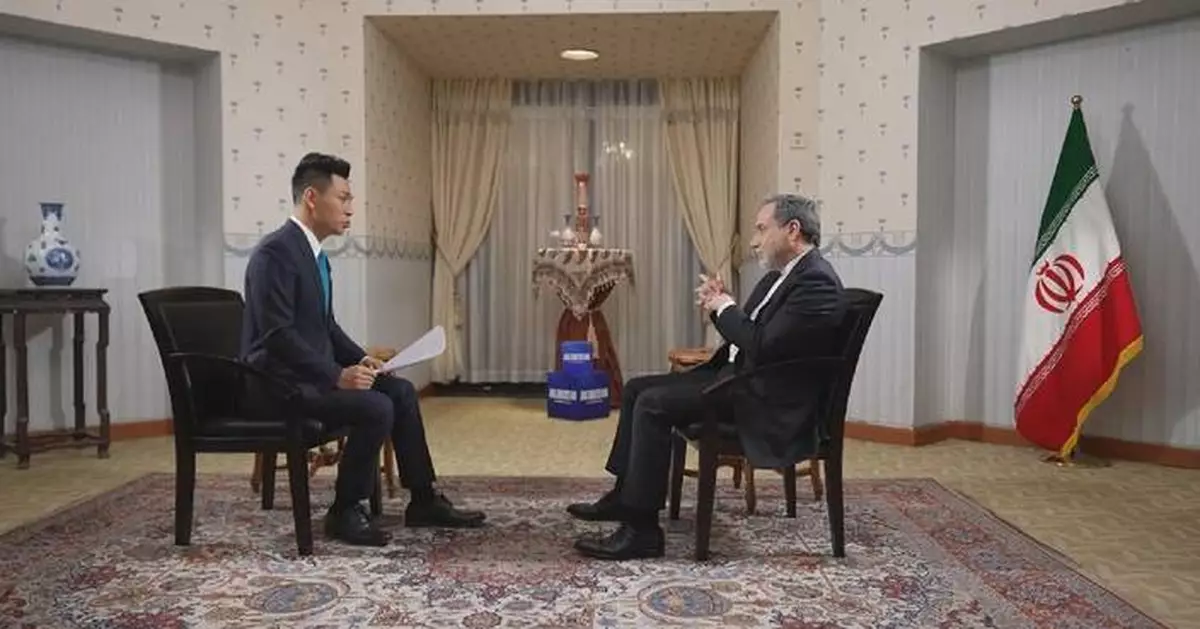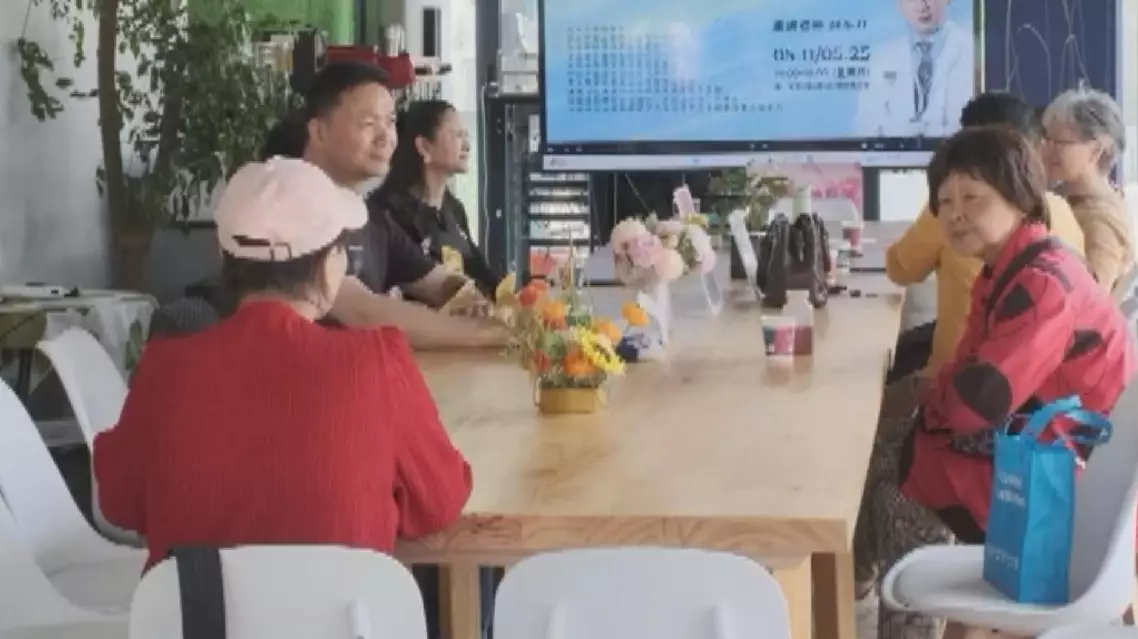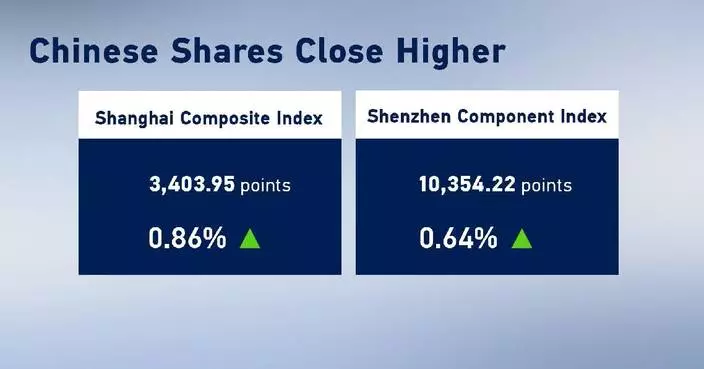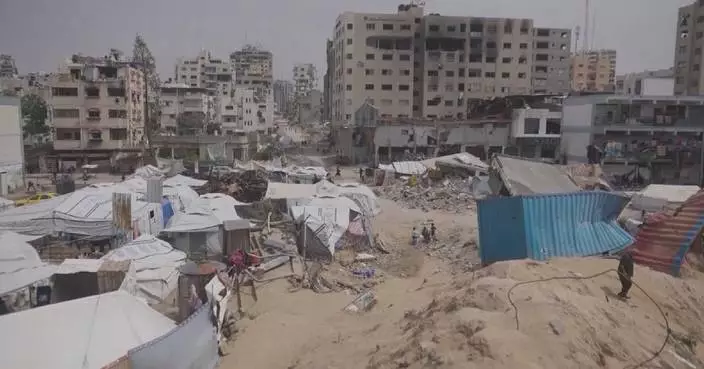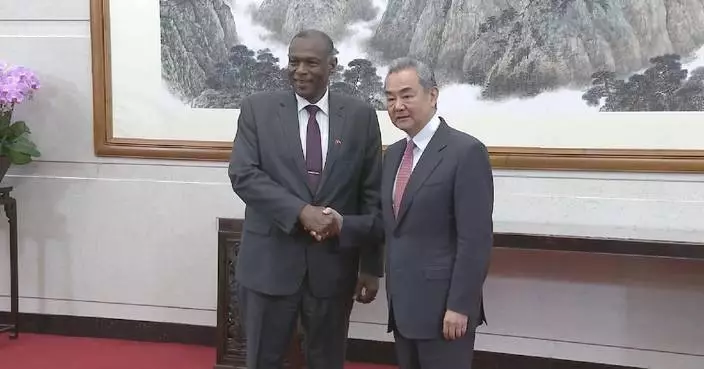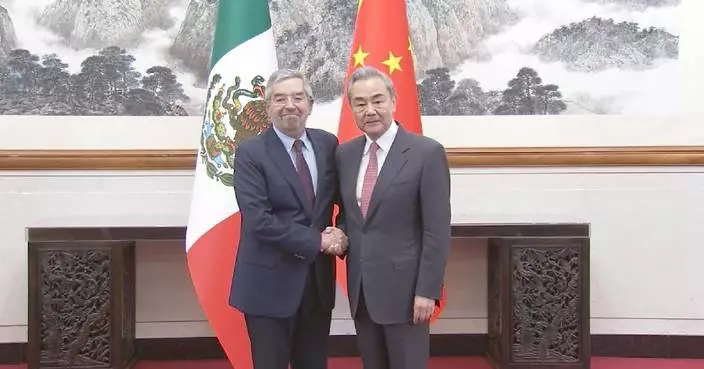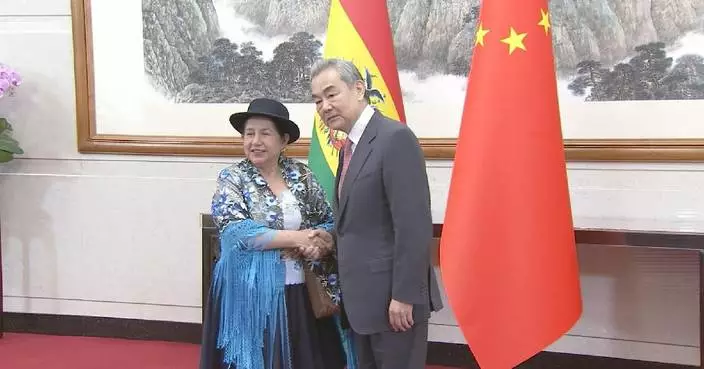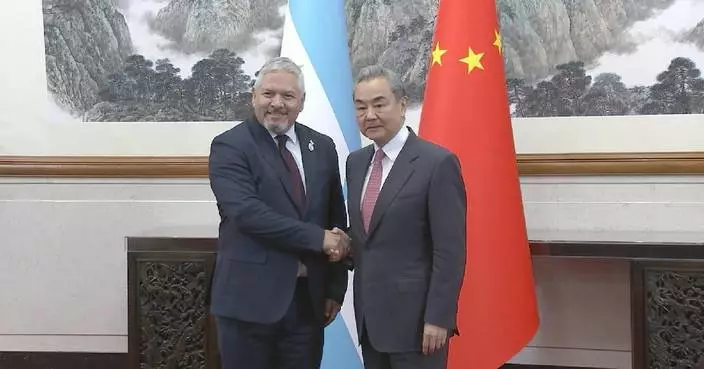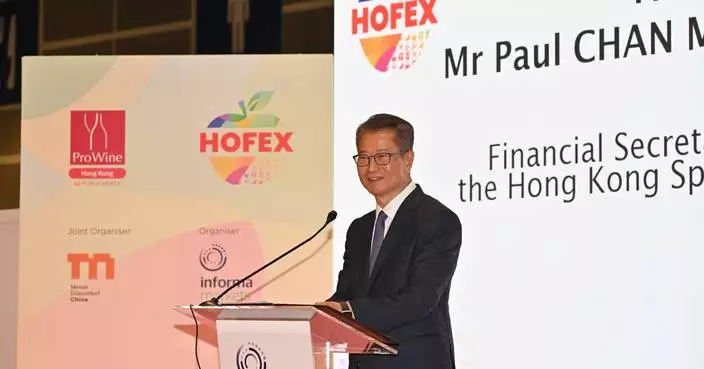Iran is fully prepared for possible further attacks by Israel, but remains committed to pursue a diplomatic solution, said Iranian Foreign Minister Seyyed Abbas Araghchi in an interview with the China Media Group (CMG) aired on Friday.
In the interview, the Iranian foreign minister talked about the recent escalations in the Middle East, including the direct attacks between Israel and Iran.
Araghchi noted that while Iran is fully prepared for further conflict, the country remains committed to pursuing diplomacy and working with both regional and global partners, especially China, to prevent a large-scale war.
"We are fully prepared for the possibility of further attacks by Israel. I hope Israel will refrain from taking such reckless actions as it could lead to a large-scale war. Of course, we will continue to pursue a diplomatic approach, stay in contact with regional countries, and consult with friendly nations like China. We believe that reason will ultimately prevail and prevent actions that could have serious consequences," Araghchi said.
The Iranian Foreign Minister also mentioned his recent meeting with his Chinese counterpart Wang Yi on Dec 28, 2024. At the meeting, the two sides agreed that the Middle East belongs to the people of the region, and it is not an arena for major-power rivalry.
"Unfortunately, the Middle East, or the West Asia region, has long been plagued by foreign interference. In fact, many of the region's problems and crises have been sparked by the interventions of outside powers. Even longer ago, European powers came to the Middle East and caused a lot of problems. Colonial powers arrived, igniting wars and crises. These foreign powers entered the region to pursue their own interests and maintain influence, stirring up tensions and conflicts from time to tim. Apart from conflict, tension, division and war, they offer nothing to the Middle East," Araghchi concluded.
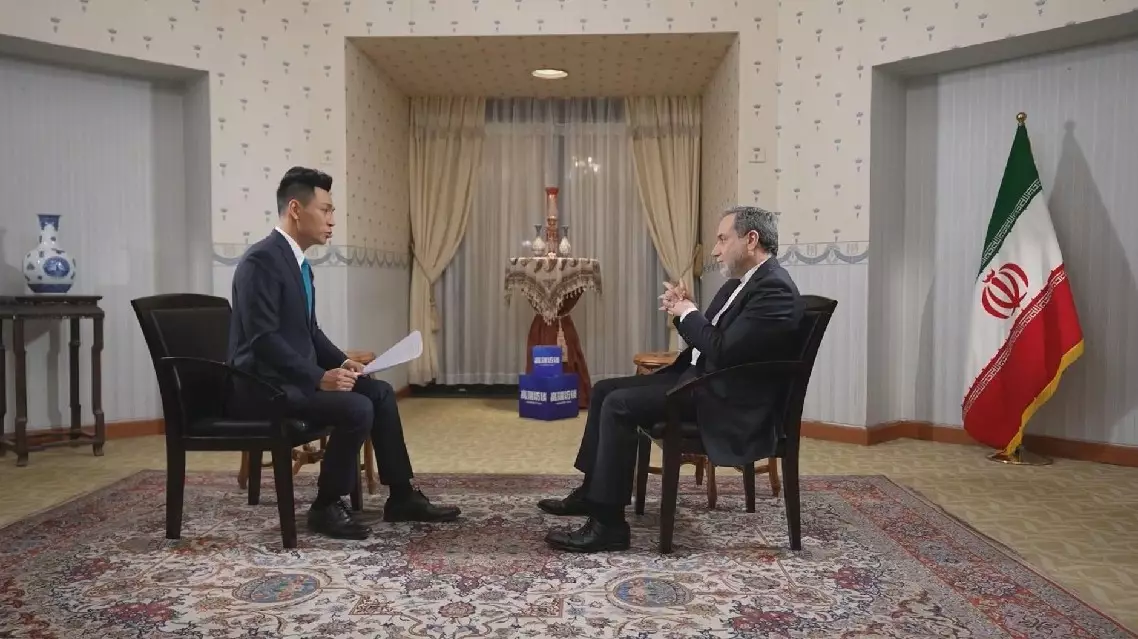
Iran prepared for further conflict with Israel, but remains committed to diplomatic solution: FM
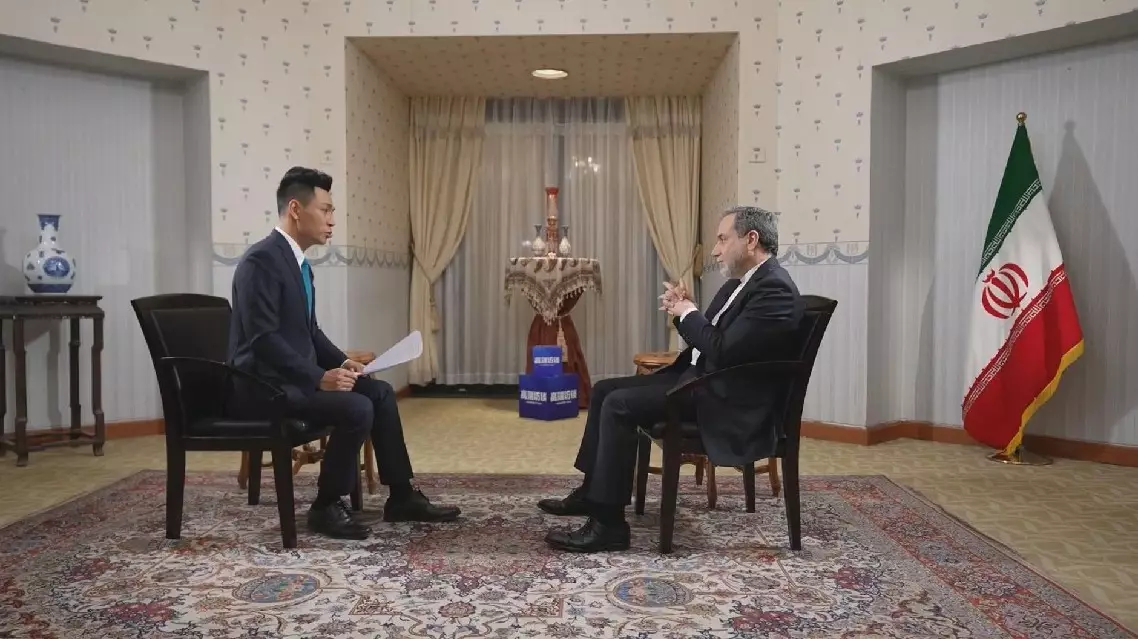
Iran prepared for further conflict with Israel, but remains committed to diplomatic solution: FM


